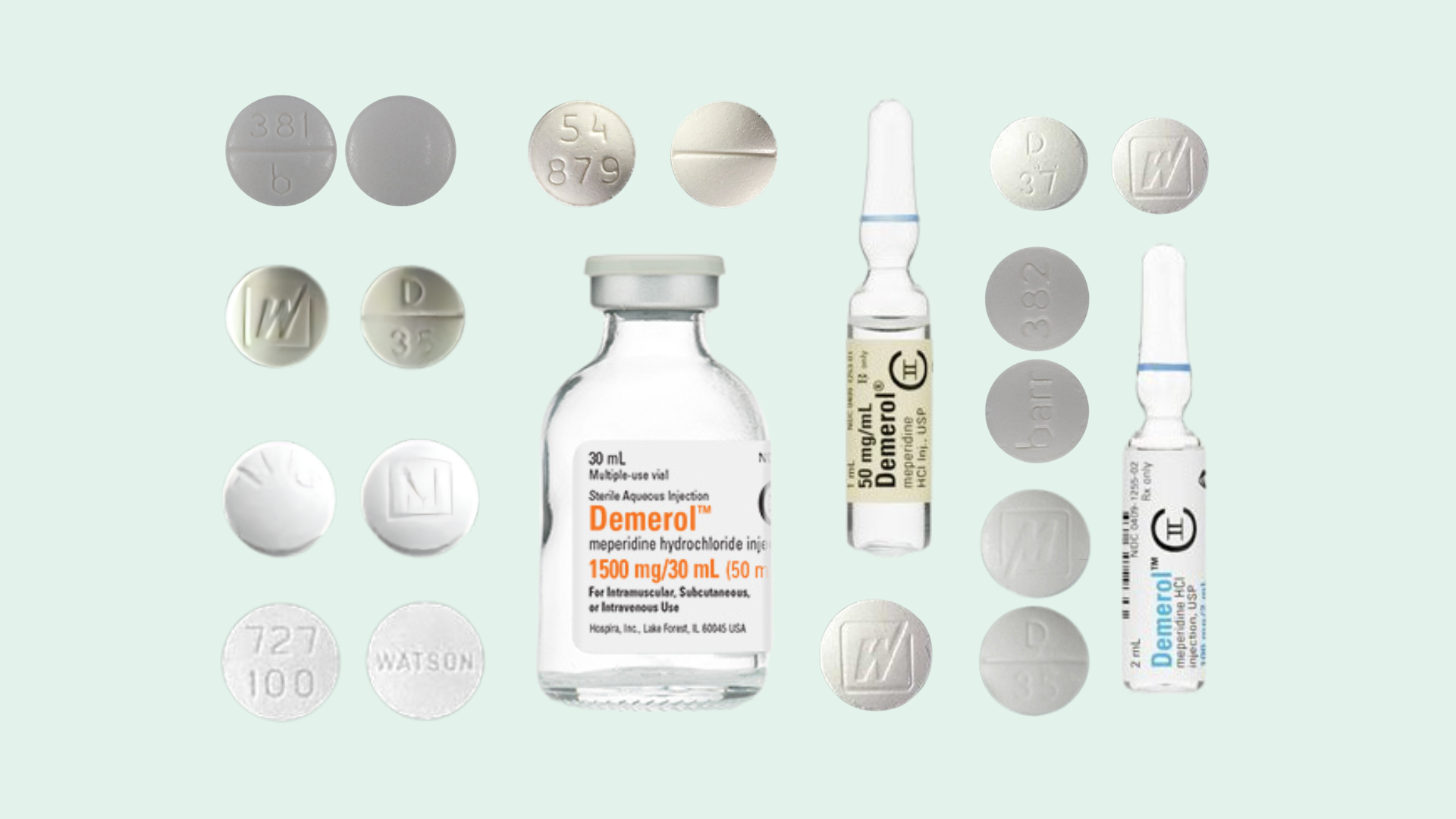What Are the Stages of Demerol Addiction Treatment?
Demerol addiction treatment typically involves several stages, each designed to address specific aspects of addiction and promote long-term recovery. These stages include:
Assessment and Evaluation
The first stage of Demerol addiction treatment is a comprehensive assessment and evaluation process. During this stage, healthcare professionals assess the severity of the addiction, evaluate any co-occurring mental health disorders, and gather relevant medical and personal history. This information helps create an individualized treatment plan tailored to the unique needs of the patient.
Medical Detoxification
Medical detoxification, or detox, is the process of safely removing Demerol from the body while managing withdrawal symptoms. This stage often takes place in a supervised medical setting to ensure the safety and comfort of the individual. Healthcare professionals may administer medications to alleviate withdrawal symptoms and provide support throughout the detox process.
Inpatient or Residential Treatment
Inpatient or residential treatment involves staying at a specialized treatment facility for an extended period, usually ranging from a few weeks to several months. This stage provides a structured and supportive environment where individuals can focus on their recovery. Inpatient treatment programs offer a combination of individual therapy, group therapy, behavioral interventions, and holistic approaches to address the physical, psychological, and emotional aspects of addiction.
Outpatient Treatment
After completing an inpatient or residential program, individuals may transition to outpatient treatment. Outpatient treatment allows individuals to receive ongoing support while living at home and continuing their daily responsibilities. This stage typically involves regular therapy sessions, group counseling, and participation in support groups.
Aftercare and Relapse Prevention
After completing formal treatment, individuals enter the aftercare stage, which focuses on maintaining sobriety and preventing relapse. Aftercare programs may include ongoing therapy, support group meetings, and access to community resources. It is crucial for individuals to continue participating in aftercare programs to build a strong foundation for long-term recovery.
What to Expect During Demerol Addiction Treatment
During Demerol addiction treatment, individuals can expect to receive comprehensive care that addresses the physical, psychological, and social aspects of addiction. Some common elements of addiction treatment include:
- Medical supervision: Throughout the treatment process, individuals receive medical supervision from healthcare professionals who specialize in addiction medicine. These professionals monitor the individual’s progress, adjust medication as needed, and provide support during challenging periods.
- Therapy and counseling: Therapy and counseling play a significant role in Demerol addiction treatment. Individual therapy sessions provide a safe space for individuals to explore the underlying causes of their addiction, develop coping strategies, and learn healthier ways to manage pain and stress. Group therapy sessions offer peer support and the opportunity to learn from others who have gone through similar experiences.
- Dual-diagnosis treatment: Many individuals with Demerol addiction also have co-occurring mental health disorders, such as anxiety or depression. Dual-diagnosis treatment addresses both the addiction and the underlying mental health conditions simultaneously, ensuring comprehensive and effective care.
- Holistic approaches: Addiction treatment often incorporates holistic approaches to promote overall wellbeing. These may include activities such as yoga, meditation, art therapy, and exercise. Holistic therapies help individuals develop healthy coping mechanisms, reduce stress, and improve their overall quality of life.
Life After Treatment: How to Maintain Recovery
Completing Demerol addiction treatment is a significant accomplishment, but maintaining recovery requires ongoing effort and support. Here are some strategies to help individuals maintain their recovery after treatment:
Continued Therapy
Continuing therapy, whether through individual counseling or support group meetings, can provide ongoing support and help individuals navigate challenges in their recovery journey. Therapy can also address any new issues that arise in sobriety.
Building a Support Network
Surrounding oneself with a supportive network of friends, family, and peers in recovery is crucial. Attending support group meetings, such as Narcotics Anonymous, can help individuals connect with others who understand their experiences and provide guidance and encouragement.
Healthy Lifestyle Choices
Engaging in healthy lifestyle choices, such as regular exercise, balanced nutrition, and adequate sleep, can promote overall wellbeing and help individuals maintain their recovery. Establishing healthy routines and finding alternative ways to manage stress and pain are essential.
Avoiding Triggers
Identifying and avoiding triggers that may lead to cravings or relapse is critical. Triggers can include people, places, or situations associated with past drug use. Developing coping strategies and creating a relapse prevention plan can help individuals navigate potential triggers effectively.
Accountability and Self-Care
Holding oneself accountable for one’s recovery and practicing self-care are essential components of maintaining sobriety. This may involve setting goals, celebrating milestones, and engaging in activities that promote self-growth and self-care.
By following these strategies and staying connected to ongoing support and resources, individuals can build a fulfilling and drug-free life after Demerol addiction treatment.

